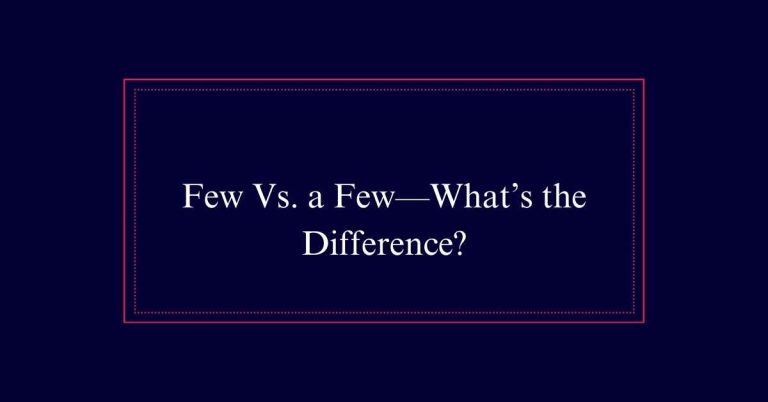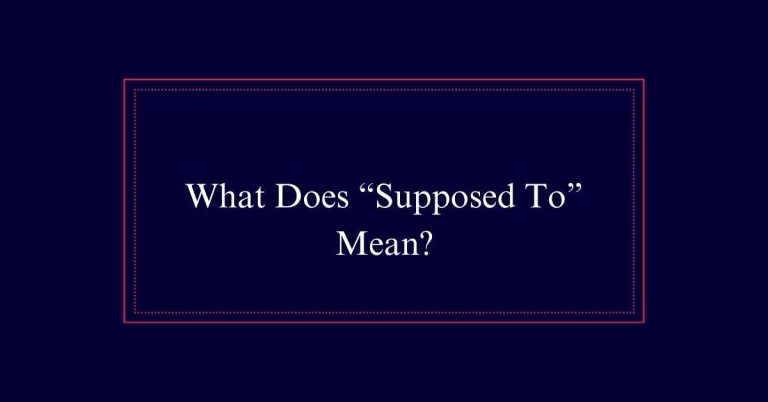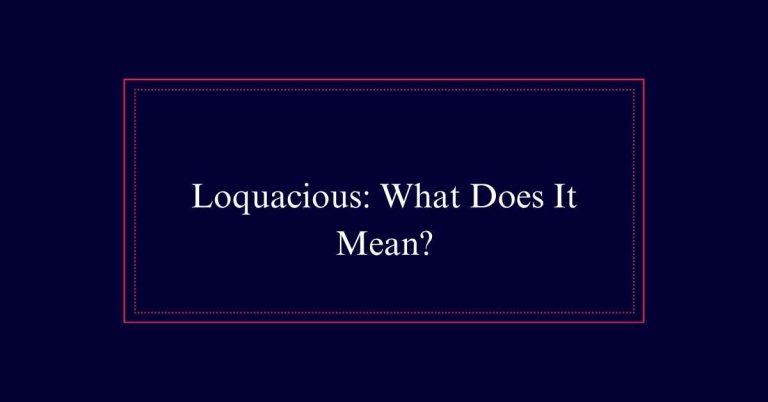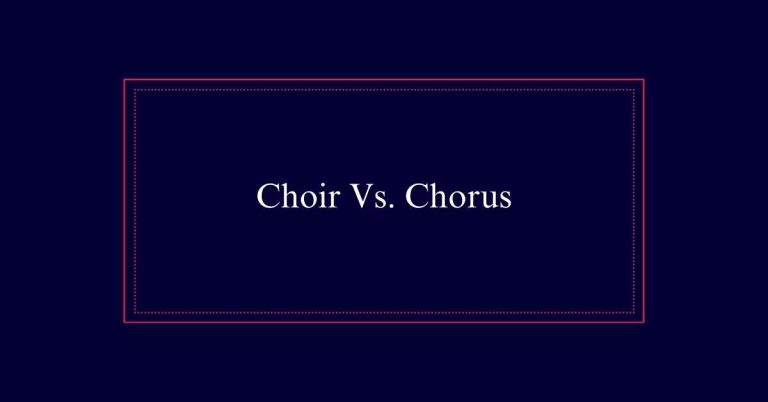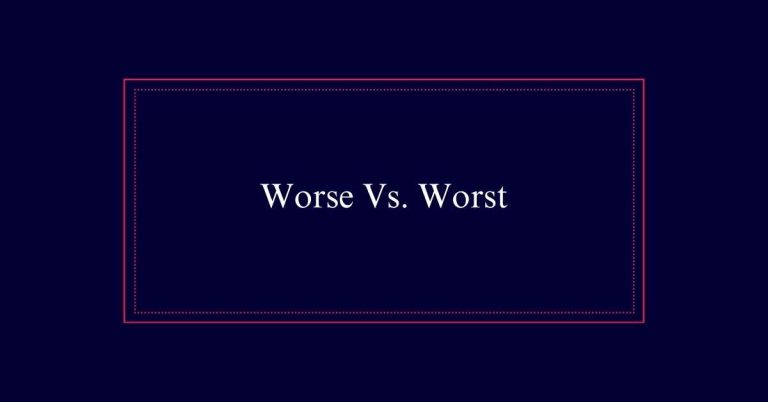Loathe Meaning
The word ‘loathe’ signifies an intense dislike or aversion that evokes a strong, visceral reaction of disgust. It is a verb that expresses a level of hatred or repulsion far beyond mere annoyance or dislike. For instance, one might say, “She loathes the idea of working late,” to convey strong discontent. It is important not to confuse ‘loathe’ with ‘loath’, the latter being an adjective that means reluctant or unwilling.
Definition of Loathe
Loathe is a verb that signifies an intense dislike or aversion towards someone or something. It is more than just a simple dislike; it implies a strong, often visceral reaction of disgust or abhorrence. For example, a character in literature may loathe a particular food or another character, highlighting their extreme distaste.
This word conveys a deep-seated repulsion that goes beyond mere annoyance or disapproval. In ‘Green Eggs and Ham,’ the protagonist’s transformation from loathing to acceptance illustrates how challenging it is to persuade someone to try something they intensely dislike.
Therefore, ‘loathe’ adds depth and intensity to descriptions of emotions, making it a powerful tool in both writing and everyday communication.
Loathe Vs. Loath
While understanding the definition of ‘loathe,’ it is important to distinguish it from the similar-sounding word ‘loath.’ ‘Loathe’ is a verb that signifies intense hatred or disgust towards something or someone. It denotes a strong aversion beyond mere dislike.
In contrast, ‘loath’ is an adjective indicating reluctance or unwillingness to do something. For example, ‘Jenny loathed Pete’ conveys deep-seated animosity, while ‘I’ve been loath to take out the garbage’ implies hesitance or unwillingness.
This distinction is essential for precise communication, as using one instead of the other can alter the meaning of a sentence. Therefore, careful attention to context and spelling ensures clarity in expression.
Usage in Literature
In literature, the verb ‘loathe’ is often employed to convey characters’ intense aversions and emotional conflicts. Authors use this powerful word to highlight deep-seated hatred or disgust that characters feel towards others or situations.
This strong emotion can drive plot developments and character arcs, adding depth and realism to narratives. For instance, in Thomas Hardy’s ‘Jude the Obscure,’ the use of ‘loathe’ amplifies the character’s inner turmoil and societal pressures.
Such usage not only paints a vivid picture of personal disdain but also accentuates the dramatic tension within the story.
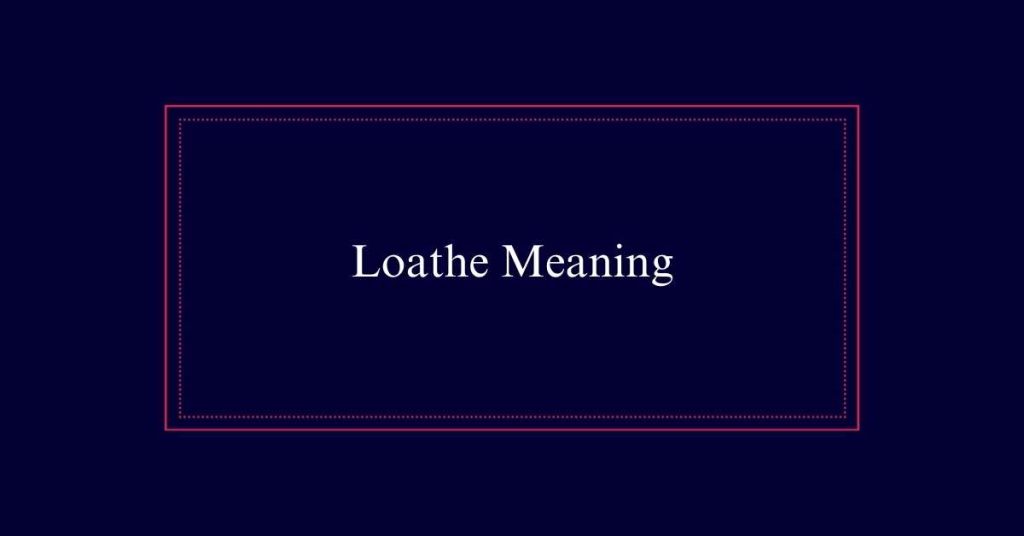
Sentence Examples
To understand how ‘loathe’ is used in sentences, it is essential to examine examples that illustrate its intensity and context.
For instance, ‘Australians view a certain amphibian as their ugliest and most loathed pests,’ demonstrates the strong aversion felt towards these creatures.
In literature, Thomas Hardy portrays intolerance in ‘Jude the Obscure’ with, ‘She loathed every moment spent in his presence.’
Another example is, ‘She loathes the idea of working late,’ showcasing a deep dislike for the task.
Additionally, ‘He loathed his rival with a passion that burned within him,’ indicates an intense personal animosity.
These examples highlight the powerful emotions associated with ‘loathe’ and help clarify its use in various contexts.
Writing With Loathe
Understanding how to effectively incorporate ‘loathe’ in writing can greatly enhance the portrayal of intense negative emotions. The word ‘loathe’ carries a strong connotation, making it useful in depicting deep, visceral feelings. Its proper use can add depth to characters and their interactions.
| Situation | Example Sentence |
|---|---|
| Personal Relationships | She loathed her former friend deeply. |
| Professional Conflicts | He loathed his boss’s unethical behavior. |
| Societal Issues | They loathed the corrupt government. |
| Literature | The character loathed his fate. |
| Everyday Scenarios | He loathed the taste of broccoli. |
Using ‘loathe’ precisely can create powerful narratives, enabling readers to feel the intensity of the characters’ emotions.
Emotional Impact
The emotional impact of using ‘loathe’ in writing is profound, evoking strong feelings of aversion and disgust. This word conveys an intense level of dislike that resonates deeply with readers.
When a character loathes something or someone, it generates a visceral reaction, adding depth to their emotions. This can be a powerful tool for writers to create tension and conflict.
By using ‘loathe’, the negative emotions are amplified, making the situation more dramatic and engaging. It helps to clearly define the strength of a character’s feelings, distinguishing mere dislike from extreme aversion.
This precision in language enhances the reader’s understanding and emotional connection to the narrative.
Cultural Perceptions
Examining cultural perceptions reveals how different societies interpret and express the concept of loathing. Cultural norms shape the intensity and acceptability of loathing across contexts. For instance, while some cultures may openly express disdain, others might consider such emotions inappropriate.
| Culture | Expression of Loathing |
|---|---|
| Western | Direct and explicit |
| Eastern | Subtle and restrained |
| Middle Eastern | Context-dependent |
| African | Community-oriented expressions |
In Western cultures, loathing is often directly stated. Eastern cultures might convey it subtly due to social harmony values. Middle Eastern societies can vary, reflecting diverse influences. African cultures often express loathing with community considerations in mind. This diversity underscores the importance of understanding cultural contexts for accurate interpretation.
Literary Illustrations
Often in literature, authors use the word ‘loathe’ to vividly depict a character’s intense aversion and emotional conflict.
For instance, in Thomas Hardy’s ‘Jude the Obscure,’ the character’s loathing creates a palpable sense of tension and despair.
Similarly, in Dr. Seuss’s ‘Green Eggs and Ham,’ the protagonist initially loathes the idea of eating green eggs, reflecting a strong resistance to change.
These examples show how ‘loathe’ can effectively convey deep-seated disgust and inner turmoil.
By using ‘loathe,’ writers can portray the depth of a character’s negative emotions, adding complexity to their psychological landscape.
This strategic use of language helps readers connect with the characters’ intense feelings, enhancing the narrative’s impact.
Frequently Asked Questions
Can ‘Loathe’ Be Used in a Positive Context?
‘Loathe’ cannot be used in a positive context. It denotes intense dislike or aversion. Its connotation is inherently negative, making it unsuitable for expressing anything positive or desirable. Use with caution to avoid misunderstandings.
What Are Common Synonyms for ‘Loathe’?
Common synonyms for ‘loathe’ include ‘abhor,’ ‘detest,’ ‘despise,’ ‘hate,’ ‘revile,’ and ‘execrate.’ These terms convey a strong sense of dislike and aversion, often stronger than mere dislike or disapproval.
How Is ‘Loathe’ Different From ‘Hate’?
‘Loathe’ implies a stronger, more intense aversion than ‘hate.’ While ‘hate’ expresses strong dislike, ‘loathe’ conveys a deep, intolerant disgust. It is a more extreme form of negative feeling.
Can ‘Loathe’ Be Used in Professional Writing?
Yes, ‘loathe’ can be used in professional writing. It effectively conveys strong aversion, intensifying the emotional tone. However, use it sparingly to guarantee it doesn’t overshadow the message or come across as overly dramatic.
Are There Any Idiomatic Expressions Using ‘Loathe’?
There are no widely recognized idiomatic expressions that specifically use the word “loathe.” However, it is commonly used in phrases like “loathe with a passion” to emphasize intense dislike in both formal and informal contexts.

